If pop-ups are blocked for the website, please allow them in your browser and restart the course. Continue the course from the new tab, and do not close this tab until you have completed the course.
The course, “Ethics for Claims Professionals,” is designed to familiarize adjusters
with the ethical standards for fair and honest dealings. The module is presented by
John Curl, Ph.D., Manager of SIU and Quality Assurance for Sequoia Insurance
Company in Monterey, California.
In this course, John Curl begins by
defining ethics, morality, and values and establishing the continuum along which
moral and ethical dilemmas lie. He explores from where our ethical principles come
and the values that have been embraced by our society. He stresses the importance
of developing an ethical compass. He lists the core values for business and
commerce. In describing the ethical conduct of the claims professional, he
evaluates scenarios of good and bad ethical practices by adjusters. He also reviews
the Fair Claims Practices Act. Finally, case studies are provided in Part 5 (first-
party property claims) and Part 6 (casualty claims).
After completing the
course, the attendee will be able to define ethics, morality, and values; identify
from where our ethical principles come; outline the values embraced by our society;
discuss the theories of ethical behavior; understand the importance of developing
an ethical compass; list the core values for business and commerce; summarize the
sources of obligation that drive the ethical conduct of the claims professional;
outline the matrix of duties that surround the claims professional; describe the
continuum of ethics and good customer service; and have a better understanding of
how to apply ethical principles to claims scenarios.
The course is designed
for practitioners and insurance professionals working in the area of coverage
analysis. Professionals in both the property and casualty coverage arenas will
find this module beneficial.
What CE Credit is available?
Note: To qualify for credit, you must submit completion (including a passed final exam if required) within five days of completing the last quiz. No partial credits will be awarded.
|
State:
|
Adjuster General
CE Hours: |
Adjuster Ethics
CE Hours: |
Attorney General
CLE Hours: |
State's Course ID:
|
| NH | 2.0 Ethics | 485560 | ||
| TX (classroom equivalent) | 2.0 Ethics | 138531 | ||
| NC | 2.0 Ethics | C99687 | ||
| FL * ( Provider Number: 364169 ) | 2.0 Ethics (Not Approved for 5-Hour Requirement) | 1198948 | ||
| IL | 2.0 | 608926 | ||
| WY | 2.0 Ethics | 36530 | ||
| OK | 2.0 Ethics | 1026253 |
* This course has been approved by the Florida Department of Financial Services for insurance continuing education credit.


